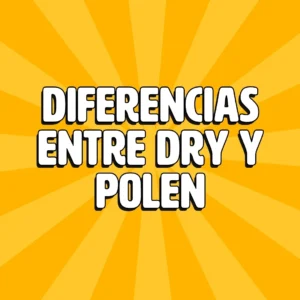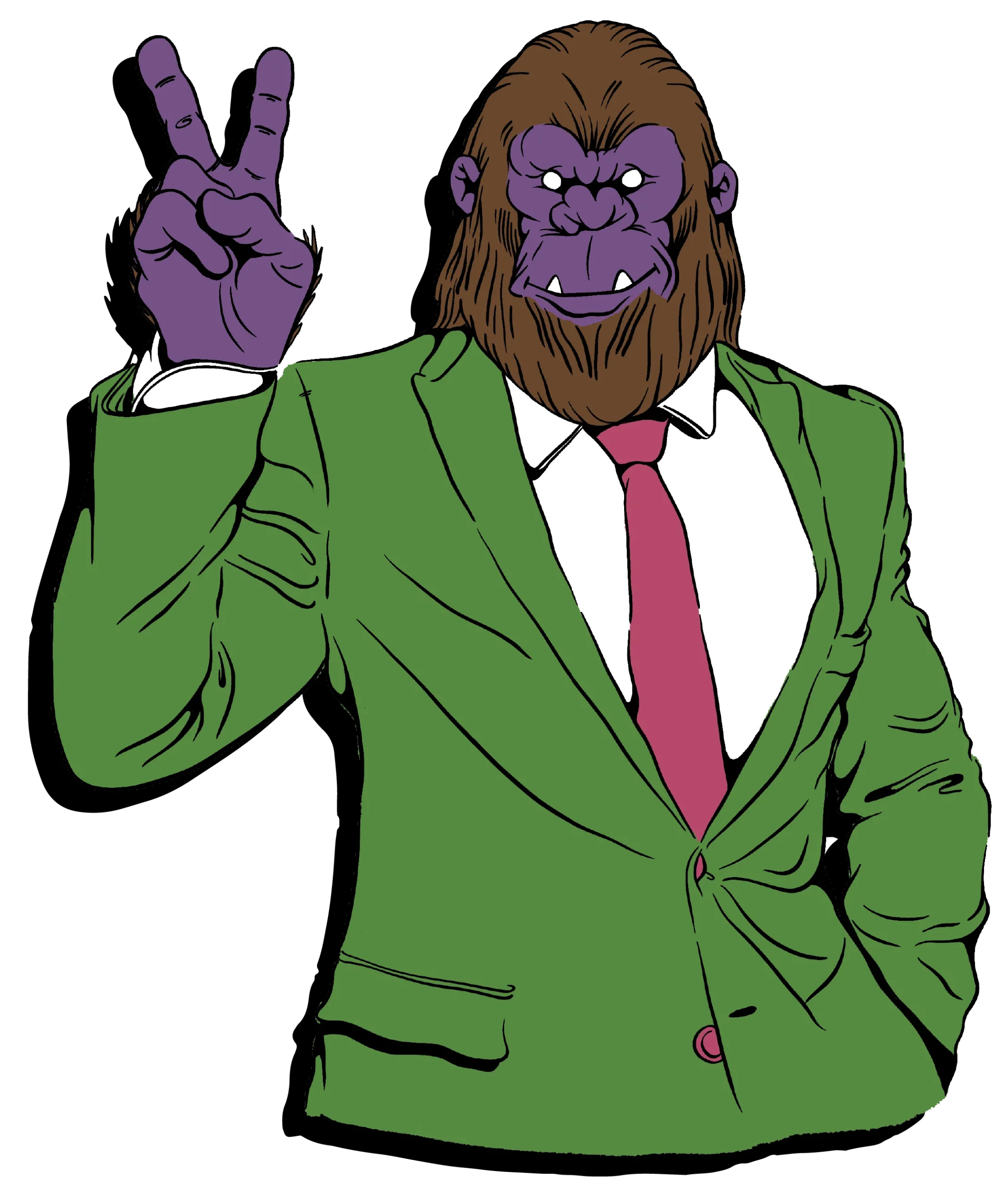Alopecia, a hair challenge that affects millions of people around the world. It is a condition that causes abnormal hair loss and/or hair in areas such as eyelashes, armpits, genitals and beard.
Also known as baldness, this condition impacts approximately 12% of the global population. The hair weakens and falls out diffusely or in specific areas, often accompanied by discomforts such as itching and itching.
In addition to the physical symptoms, Alopecia carries psychological repercussions due to the social stigma and associated psycho-physical stressors.
Alopecia and the Endocannabinoid System
Various studies have revealed the important and complex connection between hair growth and the Endocannabinoid System, present in all components of the skin.
The endocannabinoid receptors CB1, CB2, and TRPV play a critical role in regulating hair follicle proliferation, and a dysregulation of Anandamide levels can have a negative impact on this process.
In particular, it has been established that stimulation of CB1 and TRPV receptors is associated with a decrease and regression of hair follicles, while their inhibition or modulation could be beneficial.
This scientific evidence supports the idea that compounds derived from cannabidiol (CBD) could have a positive effect on hair health, by influencing the functioning of the Endocannabinoid System. Additional research could shed light on new therapies and products that take advantage of these hair care properties.
Alopecia and CBD: Properties
CBD is presented as a promising therapeutic option to address both direct and indirect symptoms of Alopecia. Its unique properties allow to boost the growth of hair follicles, regulate Anandamide levels and balance the Endocannabinoid System, while relieving symptoms associated with excessive stress and anxiety. In addition, CBD also displays its ability to modulate the immune system and regulate inflammatory processes.
CBD, or cannabidiol, has captured the attention of the health world due to its therapeutic potential and its ability to address various disorders, including Alopecia. Its positive effects on the proliferation of hair follicles make it an attractive option for those looking for natural and effective solutions to promote hair growth.
In addition, CBD plays a crucial role in regulating the Endocannabinoid System, a network of receptors and neurotransmitters that play a critical role in the body’s balance. By regulating levels of Anandamide, a neurotransmitter linked to emotional well-being, CBD helps restore internal balance and counteract the negative effects of stress and anxiety on the body and mind.
CBD’s influence doesn’t stop there. This natural compound also exerts its modulating action on the Immune System, which is especially relevant in the case of Alopecia, a condition that involves an immune imbalance and inflammatory processes in the scalp. By regulating inflammatory processes, CBD helps reduce the irritation and redness associated with Alopecia, while promoting an environment that is more conducive to hair growth and health.
How many CBD drops do you recommend for hair loss?
According to scientific findings, it is suggested to use moderate doses in topical application to achieve the greatest benefits.
In the case of the topical route, it is advised to apply an oil with a mild concentration of CBD to the affected area daily for a minimum period of several months.
If you opt for topical application, experts recommend a consistent once-a-day routine, using a cream with a mild concentration of CBD on the specific area you want to treat. It is essential to be persevering, as optimal results can take a few months to manifest.
Is CBD safe for alopecia? Precautions
When it comes to CBD, safety is a priority. Although this substance is widely considered safe, even in generous amounts, it’s important to exercise caution if you’re taking medication or if you suffer from heart conditions or blood pressure problems. In situations like these, conventional wisdom tells us that it is always best to seek the advice of a health professional .
Bibliography
- García-Gavín, J., González-Vilas, D., & Fernández-Redondo, V. (2017). Cannabidiol (CBD) for Treatment of Neurofibromatosis-related Cutaneous Tumors. Actas Dermo-Sifiliográficas, 108(5), 493-494.
- Tosti, A., & Whiting, D. (2020). Cannabidiol as a Potential Treatment for Hair Loss Disorders. Journal of Investigative Dermatology Symposium Proceedings, 21(2), S61-S63.
- Murillo-Rodríguez, E., Millán-Aldaco, D., Palomero-Rivero, M., Mechoulam, R., & Drucker-Colín, R. (2008). Cannabidiol, a constituent of Cannabis sativa, modulates sleep in rats. FEBS Letters, 582(30), 501-506.
- Le Floc’h, C., Cheniti, A., Connétable, S., Piccardi, N., & Vincenzi, C. (2015). Effect of a nutritional supplement on hair loss in women. Journal of Cosmetic Dermatology, 14(1), 76-82.
- Bíró, T., & Tóth, B. I. (2009). Cannabinoid Signaling in the Skin: Therapeutic Potential of the “C(ut)annabinoid” System. Molecules, 14(11), 4842-4869.
SOUTHERN PHARMA SPAIN S.L will not assume any liability arising from the use by third parties of the content of the website and may exercise all civil or criminal actions that correspond to it in the event of infringement of these rights by the user. It is absolutely forbidden to use the website or any of its elements for illicit purposes. The benefits and properties of cbd that could be read on the website www.gorillagrillz.com are in no way attributed to the products sold on the website. CBD products are not medicines and should not replace treatments with them. What you can read on our website are not official medical claims but references to preclinical studies. If you have any questions, you can consult with a professional health personnel. We remind you that in Spain CBD products are for topical use. All products have THC<0.2% analyses in accordance with Royal Decree 1729/1999.
| Pablo Ruiz Professional copywriter. |












